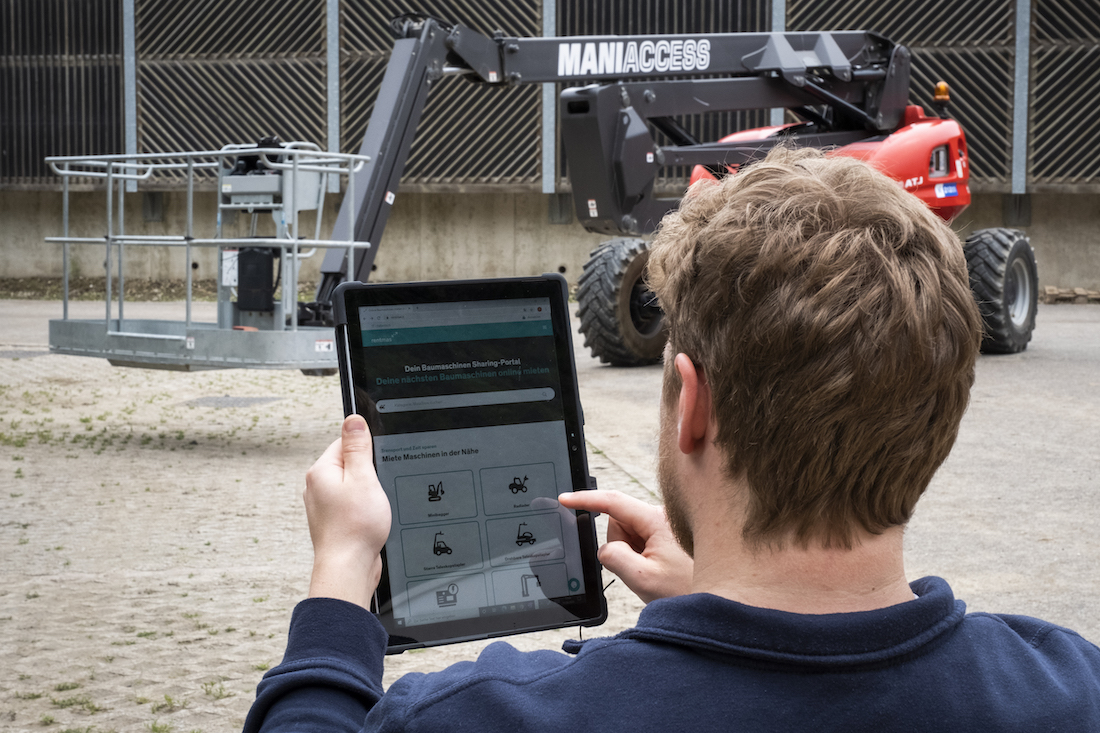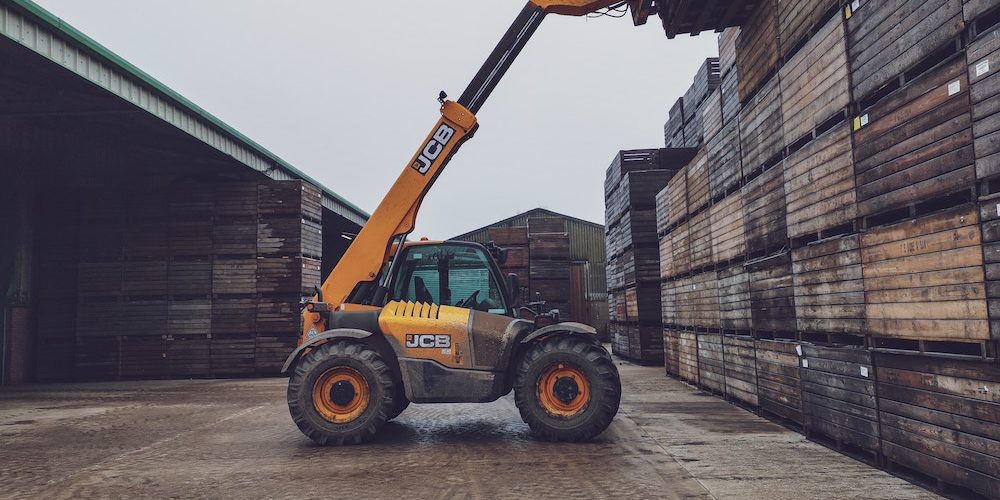The telehandler is a highly unique machine, and so are the factors that determine how long it will last in contrast to the other equipment in your machine park. The life cycle clock of a piece of rental construction equipment begins to tick from the moment the machine is acquired. The time between then and when the machine is sold on the used market depends on a range of factors. All rental companies want to have an idea of how long their machines will last, and what they can do to control and extend the equipment life cycle.
What’s unique about the telehandler equipment life cycle
A telehandler purchase is one that easily falls into the six-figure category. While this is not an exception for many construction machines, the unique aspect of telehandlers that affects their lifespan is that their components don’t wear out like other machines.

A lot of earth-moving machinery depreciates in value over the course of its use and with the wear and tear of components like tracks and teeth. Most telehandlers, also known as telescopic forklifts, have no such components that wear down. That means little maintenance, which also means less investment over the course of the machine’s life.
But all this is not to say that telescopic handlers — including both fixed telehandlers and rotating telehandlers — are limited in their potential. There are a lot of attachments that can be used with telehandlers, making them incredibly versatile machines that can be used in many different applications.
Factors that affect the telescopic forklift equipment life cycle
Several factors determine the state of a telehandler’s engine and how many hours of usage you can get out of it. With harsh applications, an engine rebuild might be necessary after 5,000 hours, whereas standard applications can expect to see an engine last from anywhere between 7,000 and 10,000 hours.
Three main factors directly affect the telescopic forklift life cycle: environment, maintenance, and the machine’s operators. Let’s take a look at each:

Environment of the telescopic forklift
As with any machine, exposing a telehandler to extreme temperatures and the elements, irregular or uneven surfaces, and abrasive materials are all examples of environmental variables that can have a negative impact on equipment life cycle.
Winterizing your machine, storing it in a covered area, and equipping it with proper tires are all proactive ways to help prolong the life cycle of your telescopic handler.
Maintenance of the telehandler
To get the longest life out of your telescopic handler engine and all other parts of the machine, make sure to stay current with inspections and repairs. Telescopic handlers typically have long life cycles, low hours, and run on idle or at low rpms for much of their life, so regular maintenance can be easily forgotten about.
Yet for rental companies, telescopic handler maintenance is exceptionally important. Your machines are dispatched out to job sites, used for a period of time by one or more operators, and then returned to your machine park, hopefully in the same condition as when it left. Misuse of the machine during this period is possible, so regular oil checks and monitoring after machines come back from a rental is really important, and considerably extend your telehandler’s component and engine life.
Operators of the telescopic forklift
Again, really important point for rental companies. Telescopic handlers are a machine in their own right, and ensuring that machine operators are certified and capable is crucial to keeping your machine in its best condition. Have your clients declare their skilled operators before the telescopic handler hire begins.
Operators should be trained to drive telescopic handlers with care, being especially attentive of their fuel and tire usage. Tires are of particular importance, because operators can extend a tire’s life by driving telehandlers more carefully. Construction sites that contain a lot of debris, rock or rebar can quickly wear down the tire’s tread, and tires are expensive to replace.

Telescopic handler hire online
The rental market is going digital, and that means a lot of construction equipment renting is happening online. Telescopic handler hire can be done in as little as 60 seconds with certain rental companies that have completely digitized their process.
Telescopic handler hire can be appropriate for everything from laying bricks to filming a movie. For bigger projects, renting online also gives you the possibility to tap into economy sharing online platforms that specialize in telehandler rental and can provide multiple machines at once.






